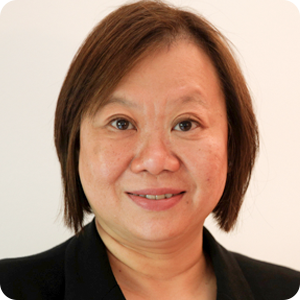Advancing Quality Education for Economic and Digital Transformation in the 21st Century
ITU, UNIDO, Permanent Mission of Austria to the United Nations in New York, Sao Tome and Principe, WIPO
Session 496
An educated population is key to transforming economies, building inclusive and peaceful societies and ensuring lasting protection of the planet and its natural resources, that is, to realise the ultimate goals of the Agenda 2030. In today’s increasingly knowledge-intensive and technology-driven world, sustained long-term development calls for enterprising, creative and innovative individuals who can express their potential in entrepreneurial and innovation ecosystems, where intellectual property rights and transparent regulatory frameworks are secured.
There are different routes to personal development during the life span of an individual. However, schooling is a crucial one because it targets children and adolescents at the time when their neural circuits are most plastic, laying the foundation for later learning. Thus, schools should provide children and youth with best conditions for learning to enable them to reach their full potential.
Quality education is critical for a nation’s capacity to innovate, transform and progress. Future-ready youth will need to master key disciplinary and technical knowledge, as shift from simple assembly and processing to technology-intensive sectors calls for skilled persons capable of developing new applications, processes and products. However, in face of fast evolving circumstances, the range of skills needs to include, among others, entrepreneurial and digital skills to enable students to exercise agency, in their own education and throughout their work life. Creativity, problem solving, goal-setting, collaboration, and communication are but a few of the crucial skills required to put innovation into action, that is, to spur entrepreneurship.
Adoption of pedagogical processes and methodologies for the digital age is an essential element in transforming education systems. Information and communication technologies (ICTs) can empower teachers and learners of all ages, promote changes and innovation, and further increase student engagement. ICT-enhanced education environments can facilitate active, collaborative, creative, integrated, and evaluative learning. Thus, digital skills assessment and development to facilitate such learning should be considered as national priorities. National policy and strategies are, likewise, needed to reduce operational costs for digital learning to make it accessible to all.
Exposing future generations of inventors and innovators to the fundamentals of intellectual property education and knowledge at a young age and promoting the understanding of how intellectual property helps turn ideas into economic assets increases prospects for business development, employment generation and economic growth.
Yet, differences in learning across and within countries are remarkable. International comparison based on the PISA test indicates that some 60 percent of the world’s secondary school students fail to reach the minimum level of basic skills required to compete internationally. COVID-19 has exacerbated existing educational gaps due, among other factors, to lack of connectivity, lack of digital skills of learners and teaching staff, and lack of quality education resources.
Consequently, major changes in the quality of teaching must be introduced in schools to increase students’ learning achievements as well as their ability to learn. Improvements in quality of teaching is a complex process, which takes time and substantial human and financial resources. Its urgency calls for gathering practical experiences from public institutions and private stakeholders on ways to improve learning in schools and, by doing so, setting the pace for transformation of economies and societies.
This session seeks to stimulate discussions around the following topics:
· Why and how educational systems are improving technical/vocational education and introducing entrepreneurial learning to equip students with knowledge, skills, and sense of agency to underpin their future lives;
· How modern digital technology can potentially help in building youth’s cognitive, technical, social and learning abilities as well as enhance quality of teaching and the role of non-state institutions (including the private sector) in developing educational technologies;
· How IP learning at incremental pace can boost innovative and entrepreneurial capacity particularly among young people;
· What youth feels is needed to advance quality education for economic and digital transformation.
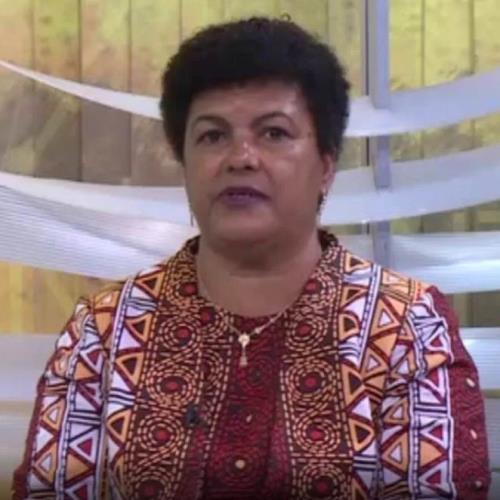

Doris Wagner serves as the Director General for General Education and Vocational Education and Training at the Federal Ministry of Education, Science and Research. Prior to her current position she was Head of the Educational Department of the Regional Educational Board of Lower Austria. During her career she held various positions in the private sector, as teacher at the Vocational School in St. Pölten, as school principal as well as school superintendent.
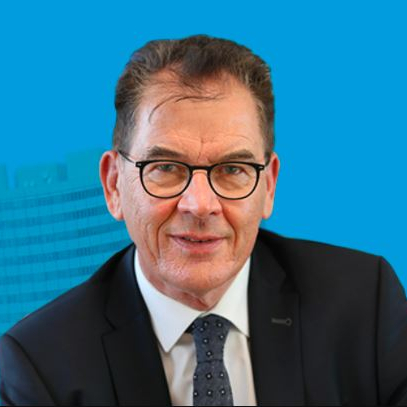
Gerd Müller, Director General of the United Nations Industrial Development Organization (UNIDO) as of 10 December 2021, has had various leadership positions from an early stage in his career. Following his tenure as a Member of the European Parliament, he was appointed Parliamentary State Secretary at the Federal Ministry of Food, Agriculture and Consumer Protection in 2005. In 2013, he was appointed Federal Minister for Economic Cooperation and Development in the German Government.
Gerd Müller has many years of experience in the fields of multilateral cooperation, sustainability, sustainable management and innovative agriculture. Implementing the 2030 Agenda for Sustainable Development, the Paris Agreement on climate action, the Convention on Biological Diversity, and the Beijing Declaration on Gender Equality are key focus areas of his work.
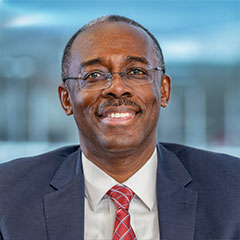
Edward Kwakwa is Assistant Director General, Global Challenges and Partnerships Sector, World Intellectual Property Organization (WIPO) in Geneva. He served as General Counsel at WIPO from 2004 until September 2016.
Kwakwa holds an LL.B. degree from the University of Ghana, an LL.M. from Queen’s University in Canada, and an LL.M. and a J.S.D. from Yale Law School in the U.S.A.
Before joining WIPO, Kwakwa practiced corporate and international trade law and investment with the law firm of O’Melveny and Myers in Washington, D.C., worked as International Legal Adviser at the Commission on Global Governance in Geneva, as Senior Legal Adviser at the Office of the United Nations High Commissioner for Refugees (UNHCR), and as Legal Affairs Officer at the World Trade Organization (WTO).
His publications include four books and numerous articles on international law.
He is currently serving as Vice-President of the African Foundation for International Law, Member of the Governing Council of Africa Legal Aid and Member of the Editorial Advisory Boards of the African Journal of International and Comparative Law and the International Organizations Law Review.
In September 2011, he was elected as an Associate Member of the Institut de Droit International, and became a full Member in September 2017. He served from 2001 to 2004 on the Executive Council of the American Society of International Law (ASIL), from 2012 to 2015 as Counselor of the ASIL, and as Vice President of the ASIL from 2015 to 2017.
He is Adjunct Professor of Law at the Graduate Institute of International and Development Studies in Geneva, and has been an Adjunct/Visiting Professor of Law at the Fletcher School of Law and Diplomacy, the University of Denver College of Law, and the University of Pretoria, South Africa, where he has been appointed as an Extraordinary Professor in Law.

Mr Johnson is a seasoned information and communication technology (ICT) executive who has served in multiple senior management positions at ITU.
Prior to serving as Deputy Secretary-General, Johnson served from 2007 to 2014 as Director of ITU’s Telecommunication Standardization Bureau (TSB). Between 2003 and 2006, Mr Johnson was International Coordinator at the United Kingdom’s Office of Communications (Ofcom), where he had lead responsibility for the United Kingdom in ITU.
From 1992 to 2003, he was Director of the United Kingdom’s Radiocommunications Agency and European Coordinator for ITU World Radiocommunication Conferences in 1993, 1995 and 1997.
Between 1988 and 1992, he worked in the European Commission’s Telecommunication Regulations Division, where he represented the Commission in the Council and the Parliament of the European Union.
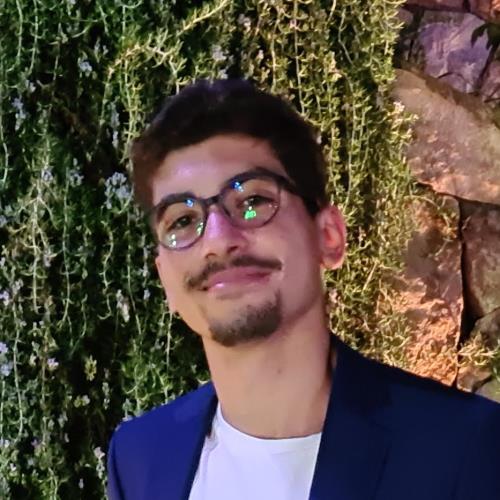
As a 22-year-old changemaker, Rafik Amrani is pursuing a BA in Business Information and Decision Systems at the American University of Beirut. Passionate about education, he founded Beyond Tekhmamek 5 years ago with the vision of modernizing the educational system by changing how and what students are taught. His ultimate goal, through Beyond Tekhmamek, is to equip today's students with the skillset needed for tomorrow's challenges.
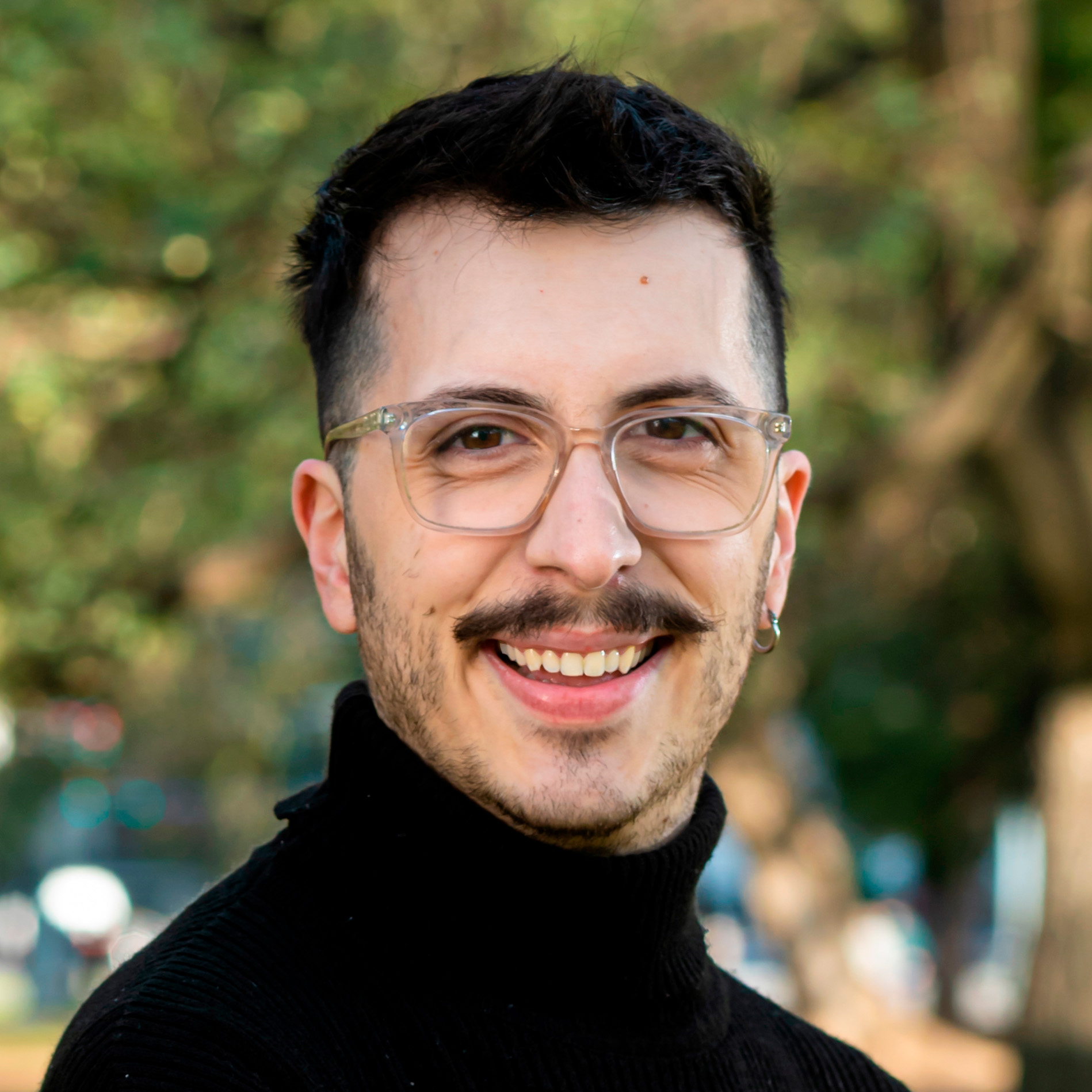.jpg?maxwidth=500)
Born and raised in Buenos Aires, Ulises is a Landscape Architecture student at the University of Buenos Aires. Since the age of 16, he was involved in several initiatives related to youth engagement, sustainability, and education. He co-founded and co-leads a landscape design studio and currently leads initiatives related to 21st-century skills, school-to-work transition, and green entrepreneurship at Eidos Global, while being part of UNESCO’s SDG4Youth Network, and part of the Advisory Committee of the Transforming Education Summit as a youth representative.
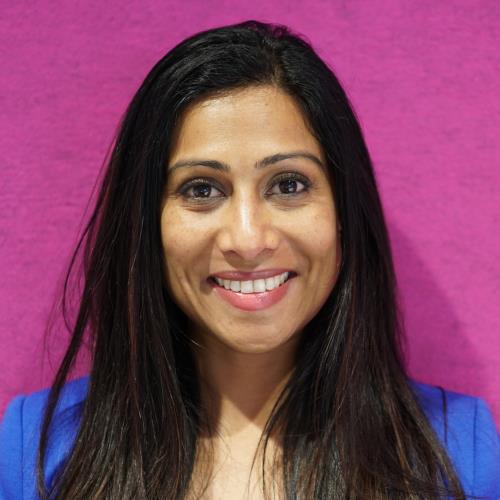
Amrita is the Head of Partnerships & Programs at Infosys Foundation USA, the private foundation of Infosys Ltd, whose mission is to expand access to computer science and maker education in K-12 public schools across the United States, with a particular focus on those communities most underrepresented and under resourced. The Foundation is part of the wider global CSR network of Infosys Ltd with a commitment to bring digital skills to 10 million by 2025. Amrita is responsible for identifying opportunities for collaborative partnerships and leading the Foundation’s signature programs, most notably the Pathfinders Online Institute, which is a free digital learning platform launched by the Foundation in 2019 and now with over 60+ courses, instructional resources and materials to bring computer science, STEM and maker education to life in the classroom. Additionally, Amrita supports unique programs of the Foundation, including the Infy Maker Awards that has leveraged over $1 million dollars and reached over 100 communities with opportunities for all youth to have greater access to computer science through making, while becoming the next generation of innovators. Prior to her seven years with the Foundation, Amrita has over 10 years of professional experience managing HR, recruiting and CRM functions at several technology firms based in both Silicon Valley, California and Bengaluru, India. She holds a Master’s degree in Business Administration. Outside of work, she is a full-time mom and spends her free time creating nontoxic hand-painted wine glasses.
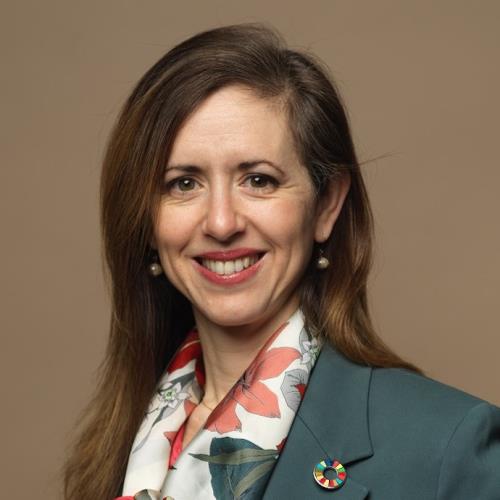
Zohra leads Ericsson’s education initiative, Connect to Lean, and oversees the development and deployment of Ericsson’s ICT solutions in schools across Africa and in other regions of the world. She has worked at the intersection of ICT and education in various projects around the globe. Most recently she has led the Connect to Learn project implementation for Ericsson in Myanmar. Zohra received her Ph.D. in Applied Signal Processing from the Blekinge Institute of Technology (Sweden). Her professional experience includes working as a senior researcher in Multimedia Technologies at Ericsson Research.
